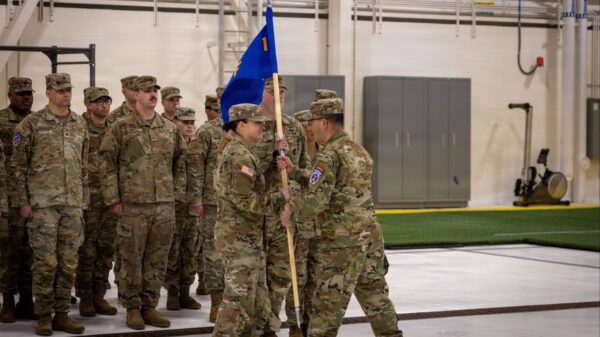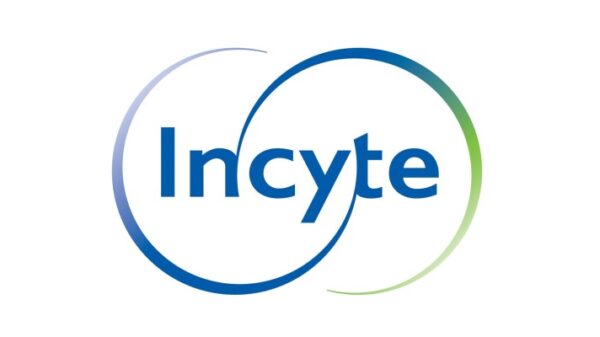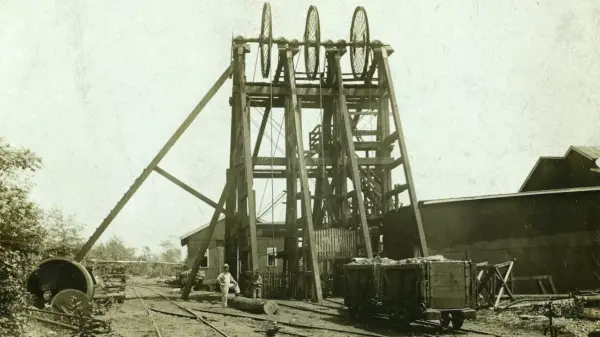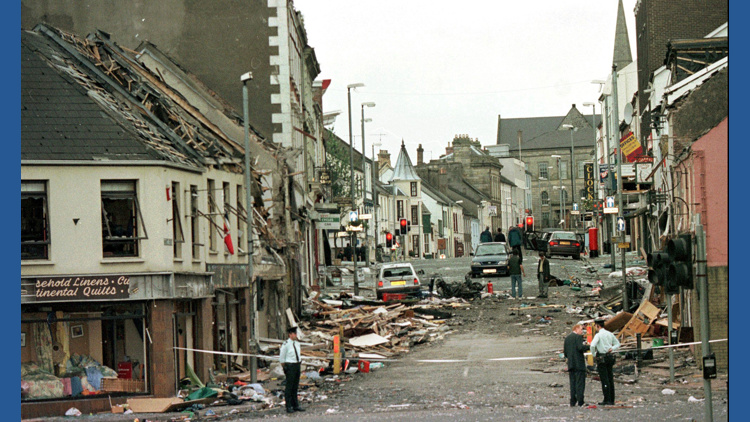As the ceasefire holds in Gaza following two years of conflict, the experiences from the Northern Ireland peace process may provide valuable insights. The situation in Gaza has drawn attention to the need for a sustainable path forward, and two significant figures from the Northern Ireland negotiations, former British Prime Minister Tony Blair and his chief of staff Jonathan Powell, are re-engaging in discussions related to the region’s future.
During a recent statement, Labour Party leader Keir Starmer expressed the UK’s readiness to support the peace process, stating, “drawing on our experience in Northern Ireland, we stand ready to play a key role in the decommissioning of Hamas’ weapons and capability.” This reflects a broader strategy to leverage historical precedents in conflict resolution.
The Northern Ireland conflict, known as “the Troubles,” resulted in approximately 3,600 deaths and over 50,000 injuries between the late 1960s and the signing of the Good Friday Agreement in 1998. The agreement marked a crucial step in ending violence and disarming various militant groups, including the Irish Republican Army (IRA). In stark contrast, the current situation in Gaza has seen devastating consequences, with reports estimating nearly 68,000 Palestinian deaths since the conflict escalated following Hamas’ attack on Israel on October 7, 2023, which resulted in 1,200 Israeli casualties.
Experts note that while there are parallels between the two conflicts, significant differences exist. Kristian Brown, a lecturer at Ulster University, remarked, “The level of challenge in the Middle East now is monumental.” The destruction in Gaza far exceeds that experienced during the Northern Ireland conflict, complicating any peace efforts.
The disarmament of the IRA took years, with the first weapons decommissioned in 2001 and the last in 2005. This process was supervised by an international commission and was integral to the broader political resolution. In Gaza, the proposed plans call for the disarmament of Hamas, a move the militant group has rejected, though it has shown some willingness to relinquish weapons to a Palestinian or Arab authority.
The challenges of achieving a peaceful resolution in Gaza are compounded by the absence of a clear pathway to Palestinian statehood, a critical issue in the Israeli-Palestinian conflict. The recent Trump-backed plan for Gaza lacks a comprehensive approach, failing to address key matters such as the status of Jerusalem, the return of Palestinian refugees, security arrangements, and Israeli settlements in the West Bank.
Drawing a comparison, political science professor Niall Ó Dochartaigh from the University of Galway emphasized the importance of patience and pragmatism in negotiations. He highlighted that the IRA leadership needed support to advocate for disarmament within their ranks. “Ultimately, decommissioning only happened in the Irish case once the IRA was satisfied that there was a political settlement bedded down,” he noted.
While the contours of a compromise emerged relatively early in the Northern Ireland process, a similar consensus in the Middle East seems elusive. The current framework for Gaza lacks the detail necessary for a lasting peace, with significant gaps regarding implementation strategies.
The Good Friday Agreement established a detailed structure for governance in Northern Ireland, including a legislature and a power-sharing government. This framework was developed over two years of negotiations supported by the United States, fostering trust between previously opposing factions. Despite the progress made, the peace has remained fragile, with instances of violence continuing even after the agreement was signed.
Peter McLoughlin, a senior lecturer at Queen’s University Belfast, noted the importance of including all parties in the peace process. He stated, “If there was a broad lesson from the success of Northern Ireland, it’s that an inclusive process worked.” Excluding Hamas from future discussions, he argues, could hinder the path to stability in Gaza.
As the UK seeks to play a role in the unfolding situation, Blair’s past experiences as an envoy to the Middle East and his involvement in the NATO intervention in Kosovo have led to discussions about his potential participation in peace efforts. However, his controversial legacy, particularly regarding the Iraq War, raises questions about his acceptance in the region.
Powell, who now serves as Starmer’s national security adviser, participated in a recent summit hosted by U.S. President Donald Trump, where discussions about Gaza were at the forefront. U.S. Middle East special envoy Steve Witkoff praised Powell’s contributions, acknowledging his efforts towards achieving a peaceful resolution.
Despite the challenges ahead, there remains a cautious optimism that the lessons learned from the Northern Ireland peace process can inform future negotiations in Gaza. The complexities of the Israeli-Palestinian conflict demand a careful and inclusive approach, one that recognizes the need for dialogue among all stakeholders.








































































